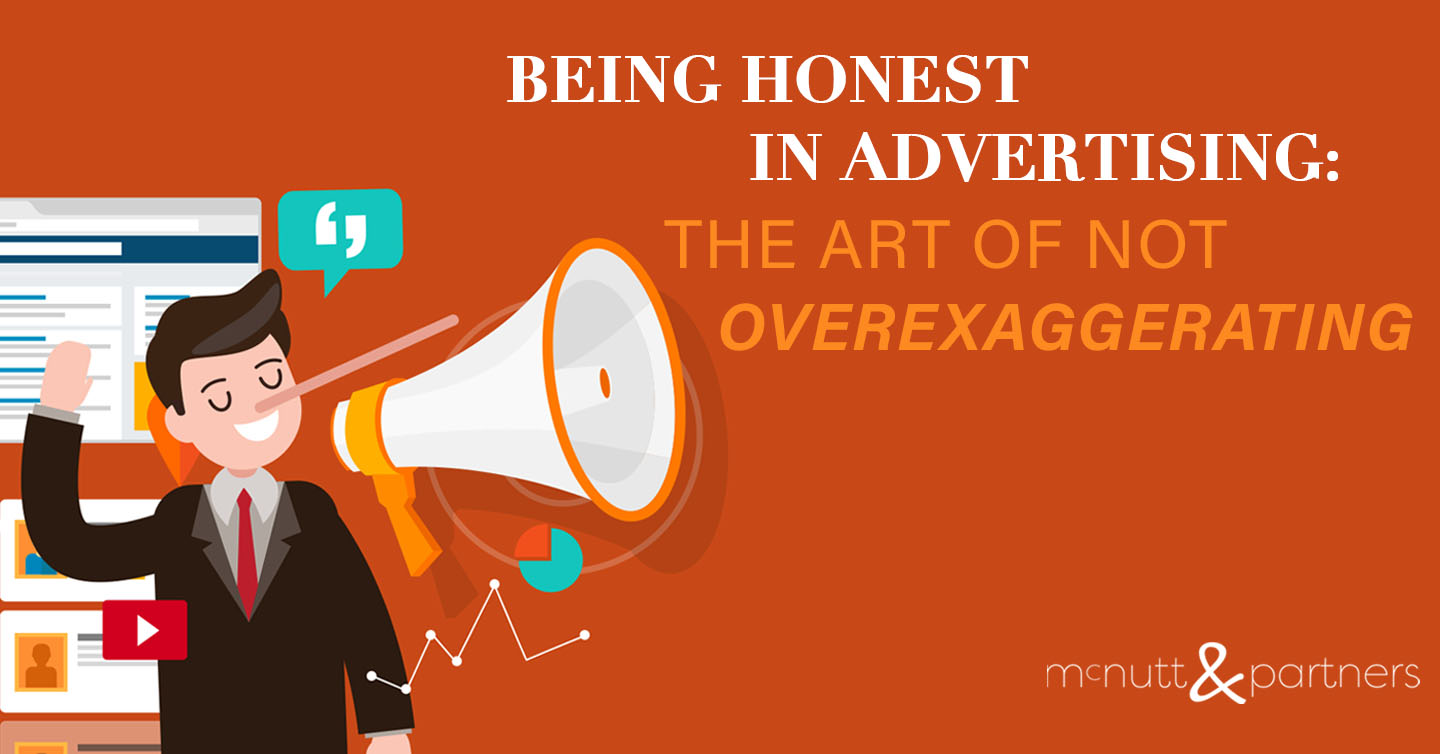Day in and out, marketing campaigns blanket their messages to consumers in hopes of catching the attention of prospective buyers for their products. Marketers use varying strategies to do so. This includes but is not limited to appeals to emotion, promises of practicality and showcases of possible life-benefiting effects. But how much of these appeals are rooted in truth? There’s something to be said for being honest in advertising. However, there’s a fine line between the illusion of honesty that consumers want and the oft exhausting truth that they’d rather ignore.
Types of lies
Despite Federal Trade Commission laws that protect consumers from misleading advertisements, certain types of lies are frequent in advertising.
Omission
Arguably the most common type of lying in advertising, omission is when certain information is left out in an effort to showcase only a product or service’s best qualities. In essence, lies of omission are actually truths, but with certain information left out (the drawbacks).
Commission
Lies of commission are a more blatant type of lie. Since they’re more difficult for advertisers to defend, they aren’t used as much. For example, telling someone they will become rich and famous if they bought a pair of blue jeans would be a lie of commission, because that’s blatantly not true.
Exaggeration
Ads are very comfortable in the exaggeration department. For example, think about a soft drink commercial. It starts with a consumer popping open a can top, and ends with a magical dance party on the moon with that person surrounded by tens of other cool-looking, soda-drinking friends. Obviously this is an exaggeration, but a relatively harmless one.
Minimization
Minimization acknowledges the non-benefits of a product or service, but opts to downplay them in an effort to cast the product or service in a better light. For example, a waxing product described as causing “slight discomfort” may actually be quite painful. However, advertisers would seek to minimize that fact.
Denial
A form of omission, denial involves the absolute refusal to acknowledge potentially destructive aspects of a product or service. Think about tobacco companies before they were required to include warnings on cigarette labels.
How much truth do consumers want?
So, would people rather know the whole truth about everything when it comes to advertisements? Not necessarily. Being honest in advertising does not mean having to lay all the cards on the table. Consumers do not want to be misled, but they still enjoy the fantasy associated with thinking about how a product could better their lives. No, wearing Nikes is not necessarily going to turn you into a pro athlete, but it can be fun to let your mind wander there.
What you don’t want to do when it comes to truth in advertising is make consumers feel as if you are pulling the wool over their eyes. They don’t want to be made to feel stupid or have their intelligence challenged.
For example, say you are advertising a property known for its budget-friendly apartments. They are a good bang for their buck and have excellent customer service backing them, but these are no penthouses or luxury lofts. So don’t describe them as such! Words like “lavish,” “extravagant,” “paradise”—these are all too much of a stretch and could prove insulting to the consumer audience.
Finding the balance
The key is to find positives to point out while staying within the realm of reality. With our budget-friendly apartments, you’ve got one positive right there—cost-effective. Maybe they aren’t the newest or most spacious of apartments, so don’t lie and say they are! Instead, focus on the excellent cost per square footage, the fact that they have been well-maintained, or the long list of neighborhood amenities.
Overexaggeration can negatively affect your brand’s credibility. If you’re having a difficult time pinpointing the positives of a product without excessive exaggeration, you may need to go back to the drawing board and think about it from a new perspective.
Summary
Being honest in advertising may seem counterintuitive, but keep in mind that being honest does not require you to overshare. The information you choose to highlight in your marketing efforts is up to you, and when done strategically, can appeal to that niche market that you are after.
McNutt & Partners is a full-service advertising and digital marketing agency. Contact us today for your marketing needs! Call 334-521-1010, or visit our contact page.

